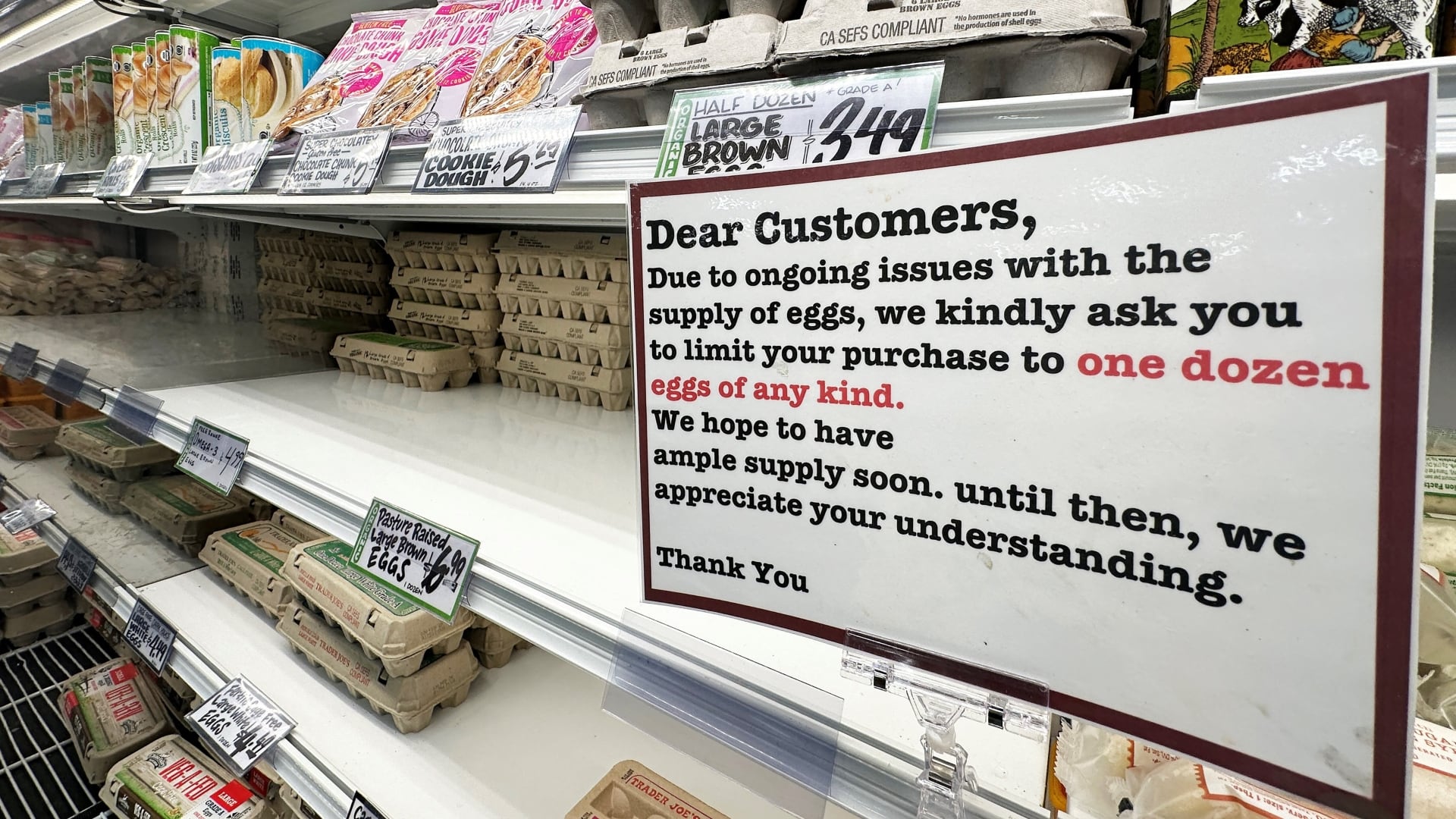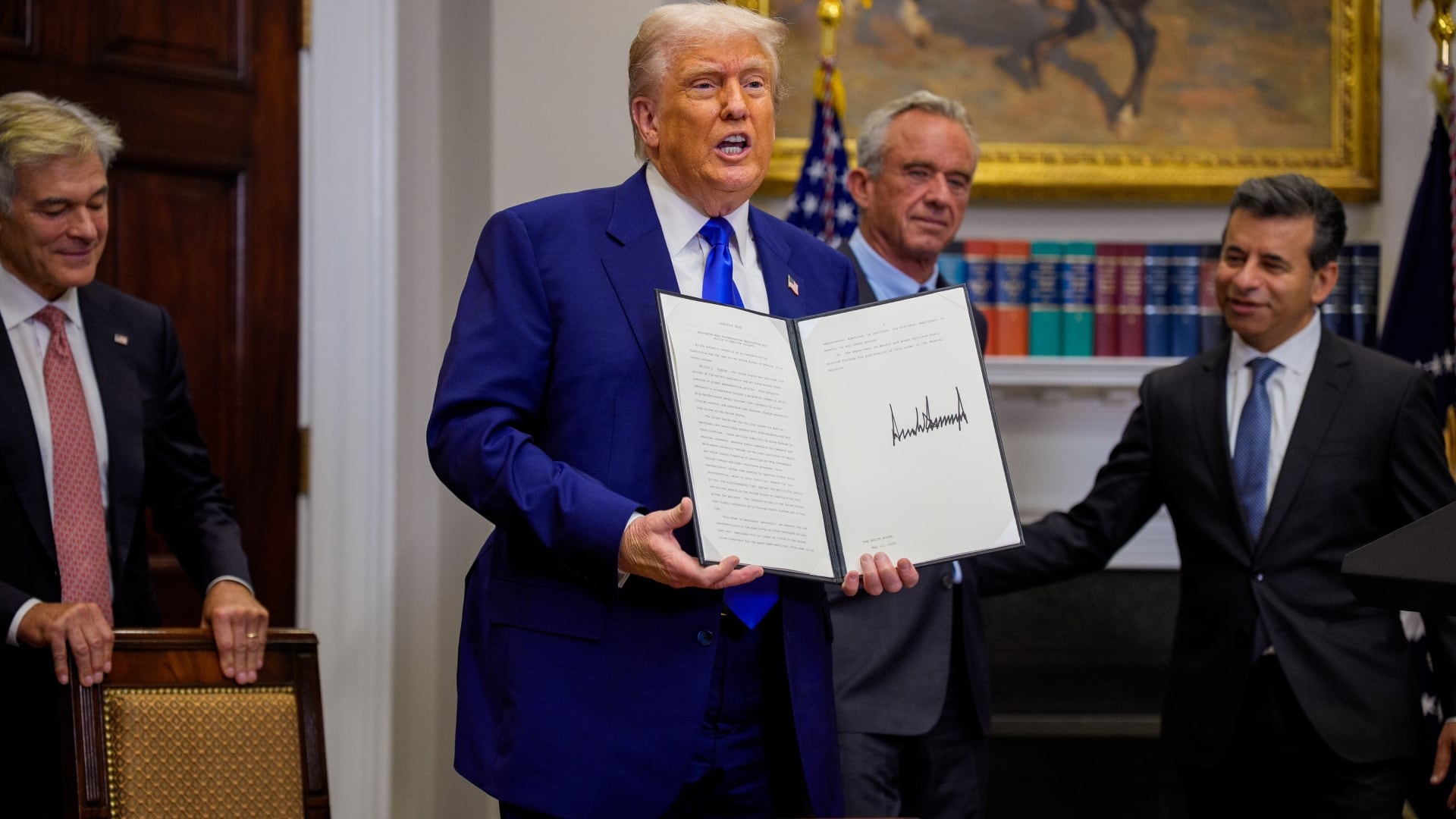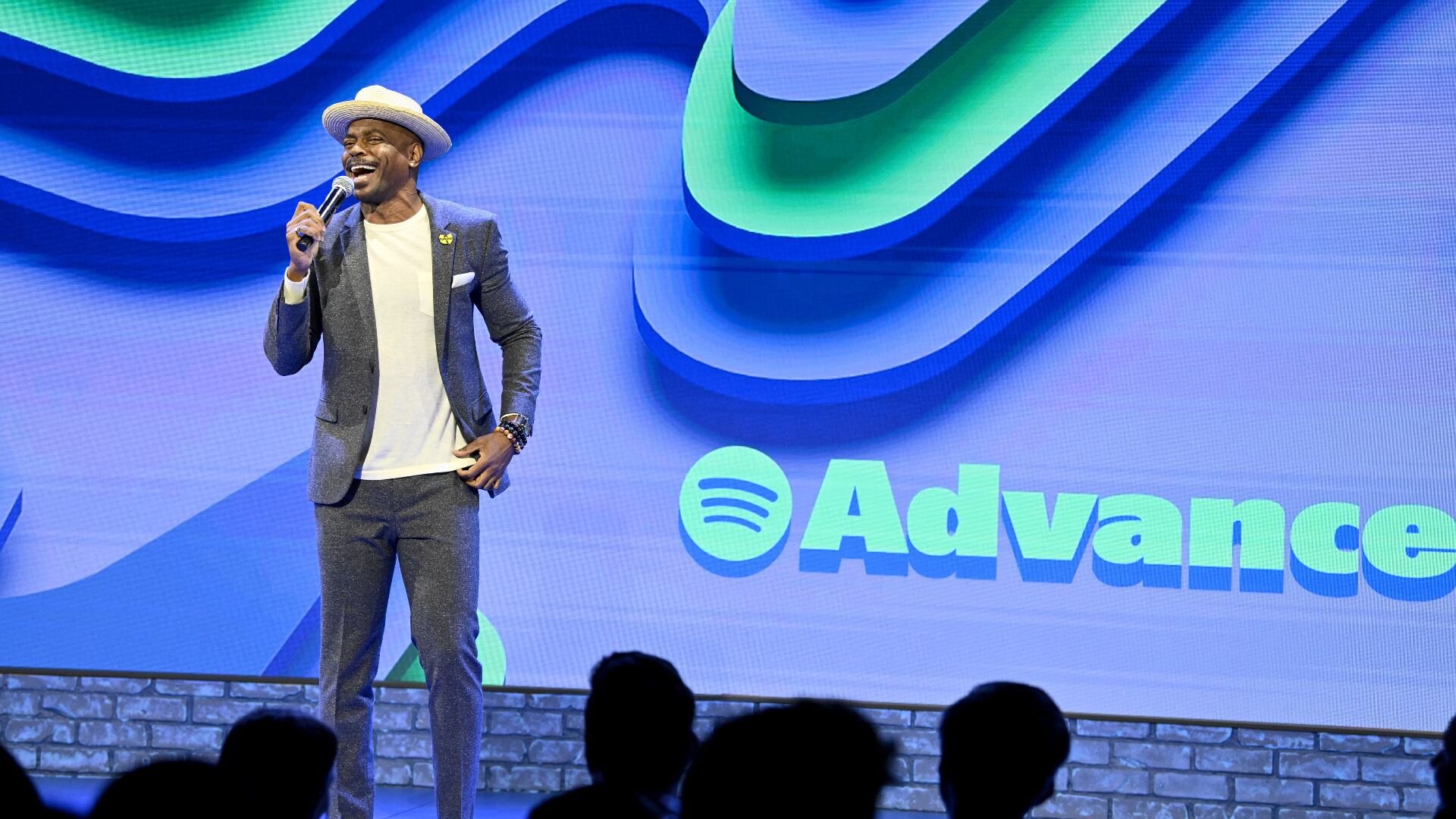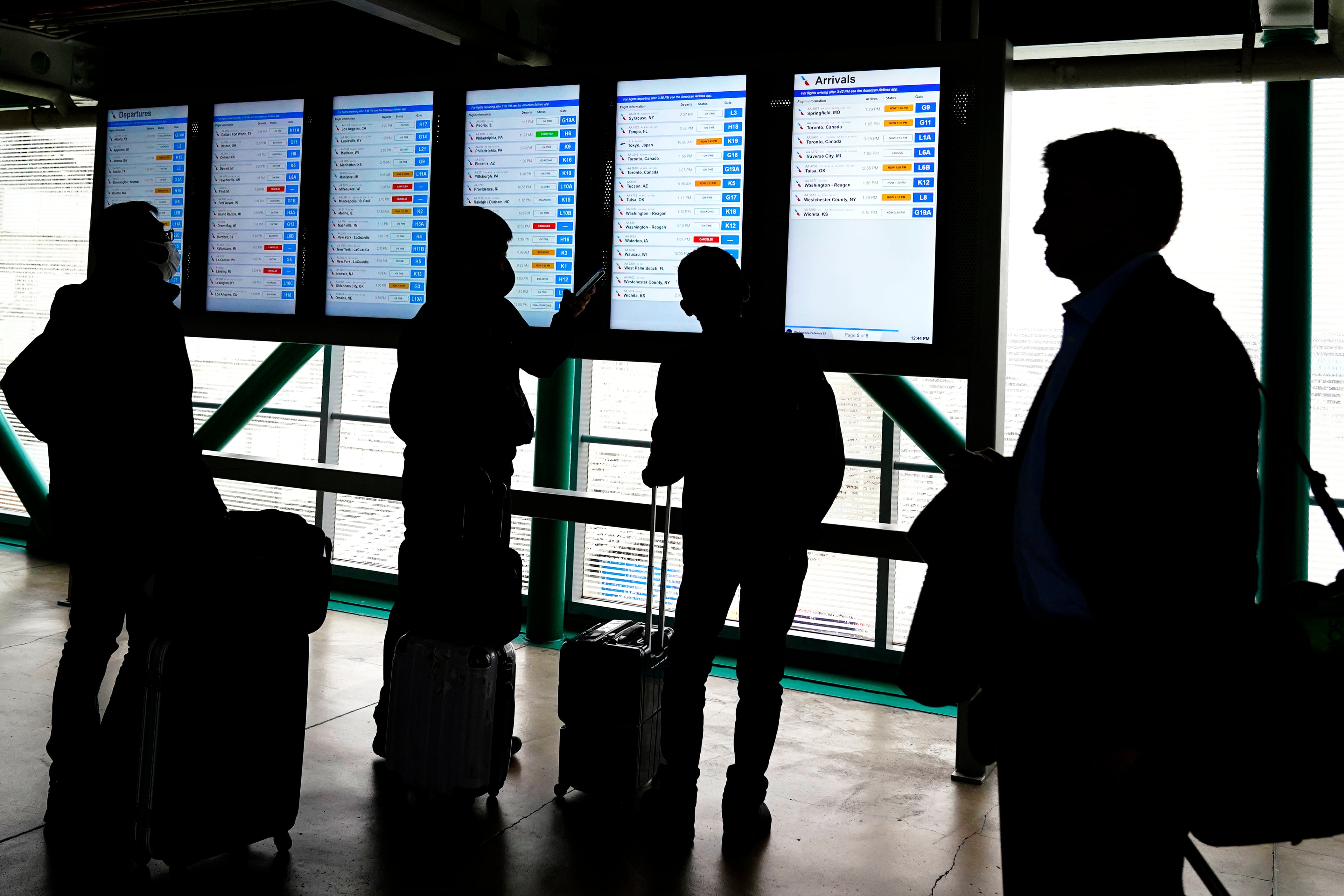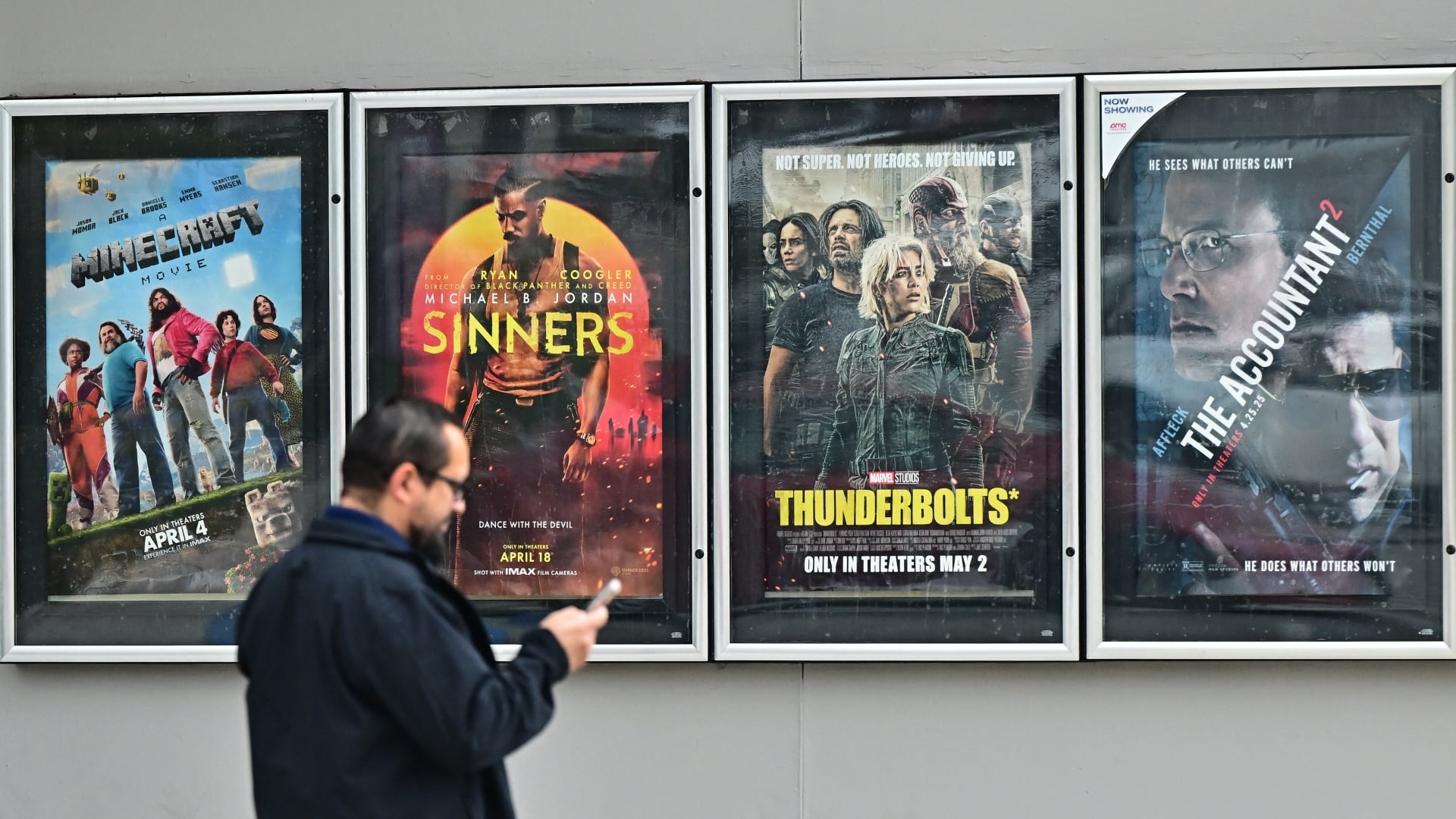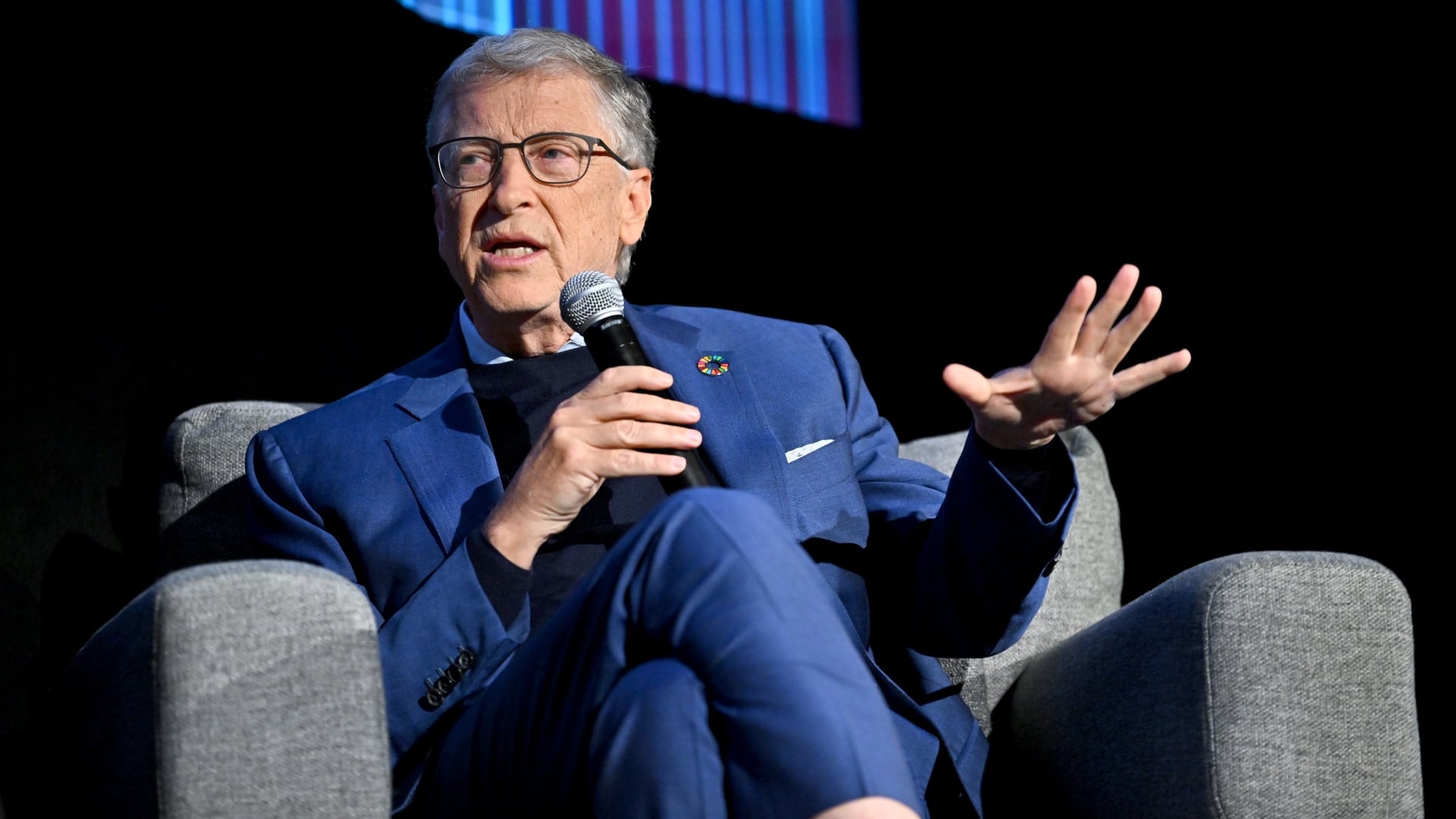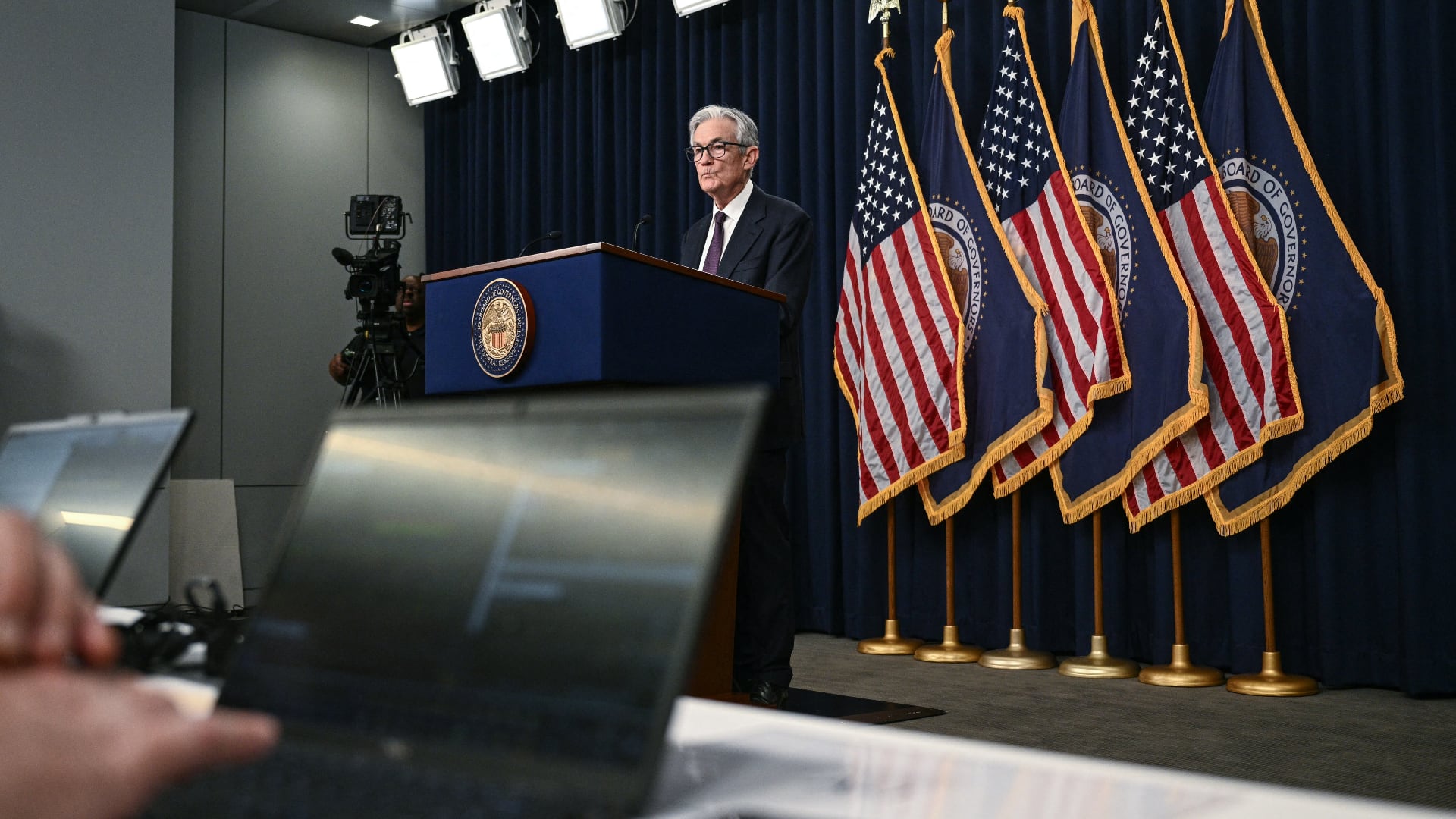When it comes to quick internet search, Google is likely the outlet many people use, but according to the U.S. Department of Justice in a recently filed lawsuit, the company is a search engine monopoly. Now, smaller, lesser-known search engines are vying for a bigger piece of the space.
DuckDuckGo is one of those services that say Google's practices not only thwart competition in internet search but also utilizes the data it collects from people in less than transparent ways.
"With regards to privacy, though, people don't realize that Google is really an advertising company at its core," said Gabriel Weinberg, founder and CEO of DuckDuckGo.
According to Weinberg, ads created by Google are tailored to each user specifically, essentially creating "behavioral data profiles," that then follow a user across internet platforms.
"That can really cause issues like polarization and, kind of, discrimination in advertising," he explained.
When it comes to the DOJ deeming Google a monopoly, Weinberg agreed, saying, in part, "People were never really given a choice for Google. It just shows up there on your phone." Now, he's calling for the playing field to be leveled and for people to have the option to choose.
"If you try to make DuckDuckGo the default on Android, it takes over 15 steps to do so, and it's not an easy process," he noted.
Perhaps the biggest selling point of a search engine like DuckDuckGo is the protection of user data. But for those who are comfortable with the features of a search engine like Google, Weinberg said that people have to give his platform a chance.
"I'd say that most people really haven't tried alternatives in a decade or more and there are tens of millions of people using DuckDuckGo who are finding no sacrifice," he said.
